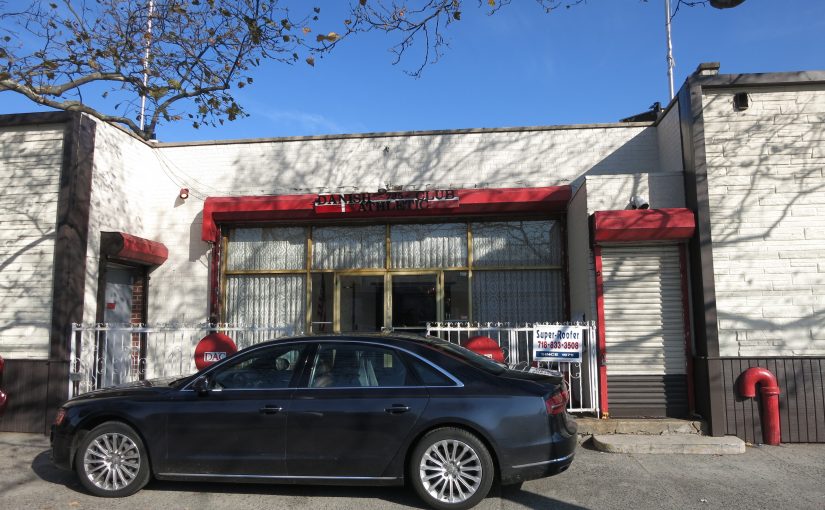Nearly all lending involves some sort of collateral that the borrower allows the lender to place a “lien” on. A lien is a legal instrument of record, which ties up the collateral so that it may not be sold, refinanced or transferred without the debt first being paid. Depending on the type of loan you are looking for, some lenders will be more specific about what collateral they need, while others may just request a certain dollar amount, and accept it in any form of asset that you have available.
Essentially, collateral gives the lender recourse if you don’t pay. In hard-money lending, the collateral is real estate of some sort, whether it be land, residential, retail, etc.
Where Asset Valuation Comes into Play
When a non-cash asset is being used for a loan or line of credit, it has to be of a certain value. Offering someone the title on a $50,000 property in exchange for a $450,000 loan, for example, will not cut it. To get approval for the collateral that is put forth, it must be valued appropriately. Asset valuation is a simple process where the lender will determine the exact value of whatever asset you put forth by either their own underwriting or performing a full appraisal of the property.
Types of Asset Valuation
There are three main types of valuation methods used today. They include:
- Sales Approach: This is when properties are valued based on sales other similar properties in the same market. These also known as comps, or comparables, such as when nearby and similar homes are used to aid in determining the value of a home for appraisal or sale purposes.
- Income Approach: In this method, an investor will pay for the cash they are expecting to receive, both yearly and at the eventual point when the asset is sold down the road. Essentially, they’re lending the money based on what the asset can earn them over the years, and it usually involves factoring in depreciation.
- Cost Approach: Although complicated mathematics is employed, the basic premise of this valuation method is that value is determined solely by the replacement or reproduction cost of the asset. This is not used as often in terms of determining the real value of a property.
Wrapping Up
Asset valuation sounds like a complex term, but it’s a relatively simple process. Understanding the basics will make all of your collateral-related finances easier to manage. For specific information about collateral asset valuation as it pertains to your commercial real estate investments, H&O Capital will be happy to answer any questions for you.
H&O Capital Funding has helped countless real estate buyers, sellers, lessees and lessors achieve their goals. Our legacy is unwavering commitment to the communities we serve. Houlihan & O’Malley Commercial Real Estate Services specializes in four distinct, yet overlapping, areas of business: Commercial Brokerage services, Private Mortgage services, Appraisal Services and Advisory services.
For more information on loans that we offer, visit our website.




